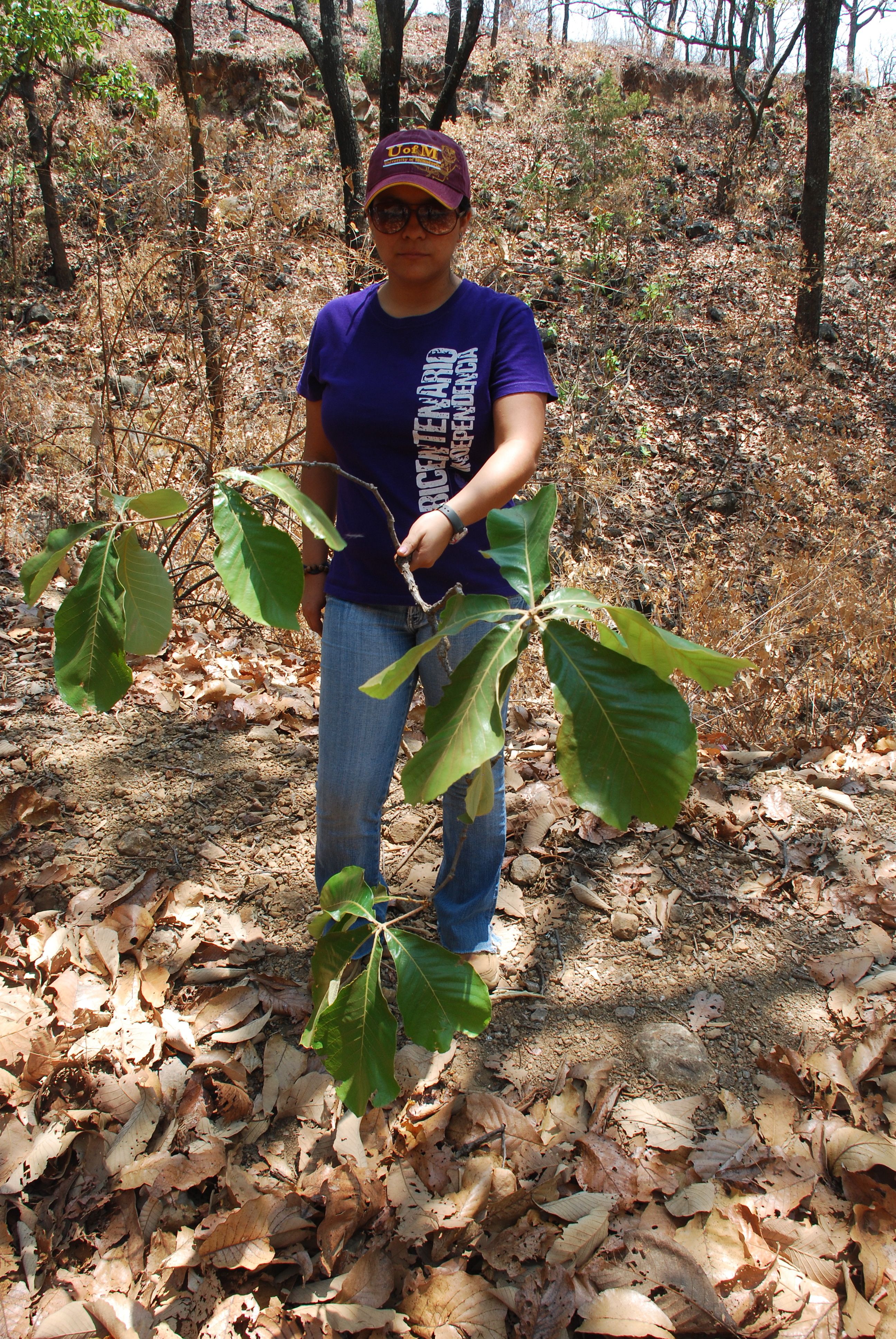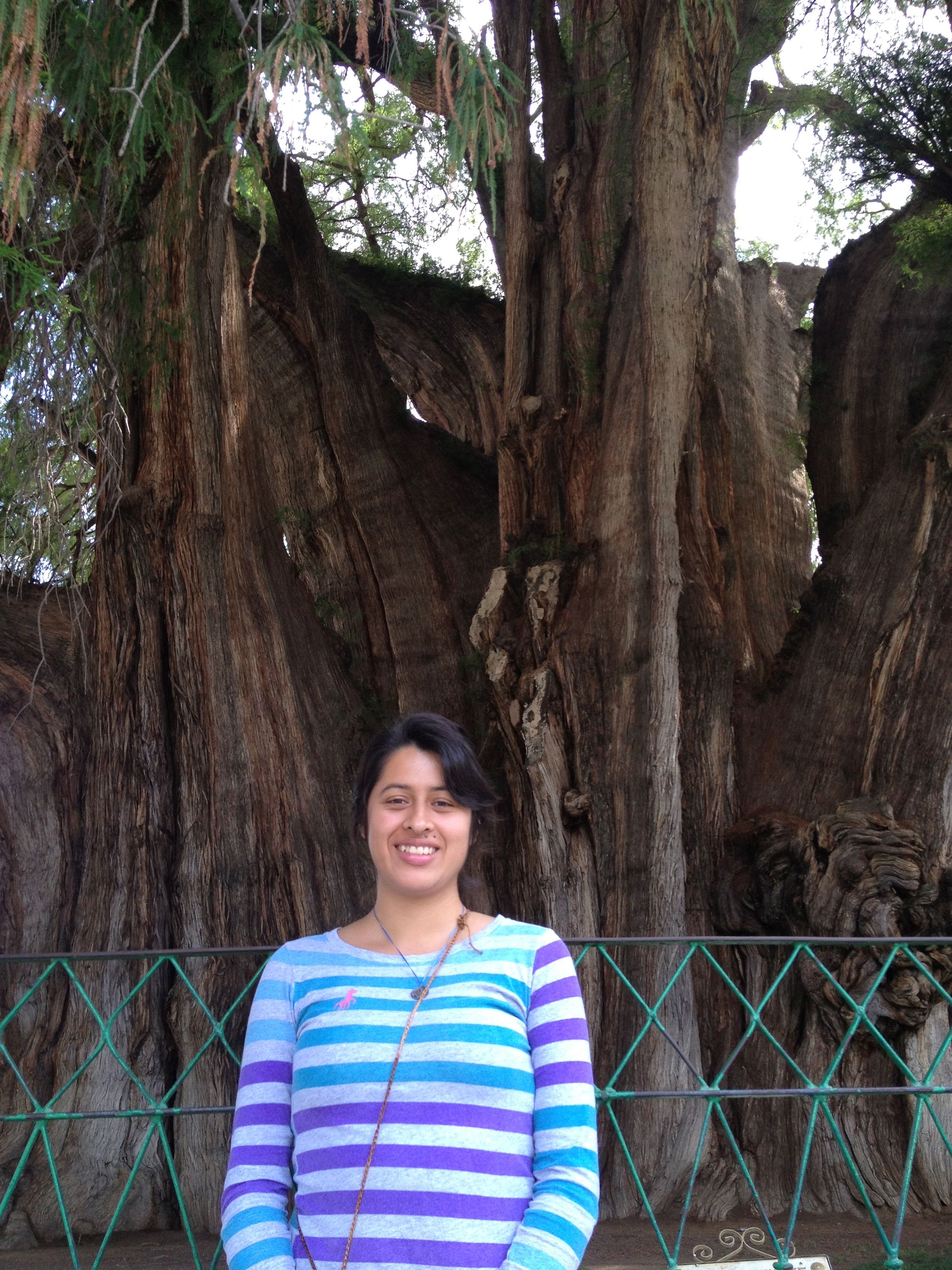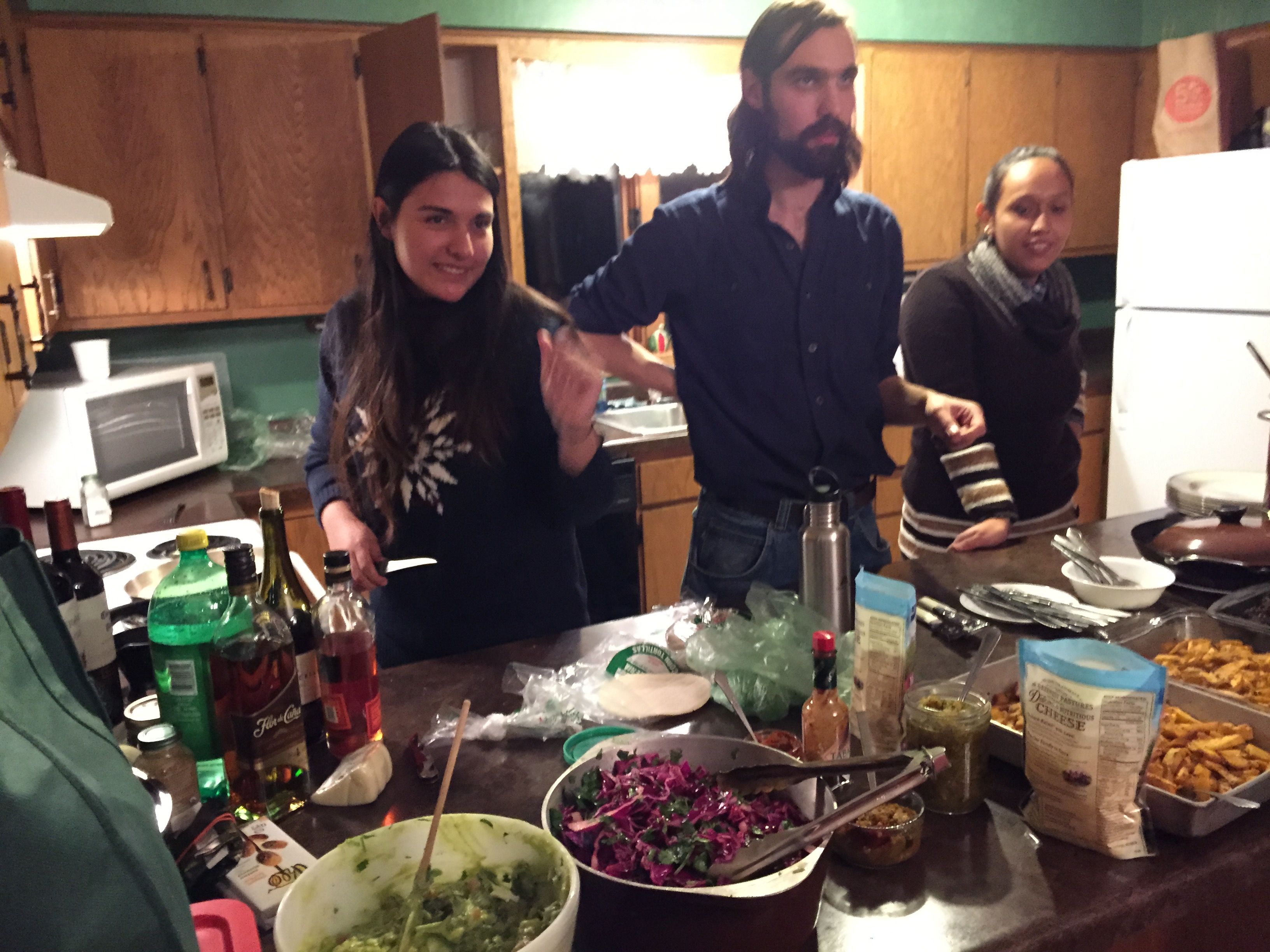Engaging diverse communities through biology integration
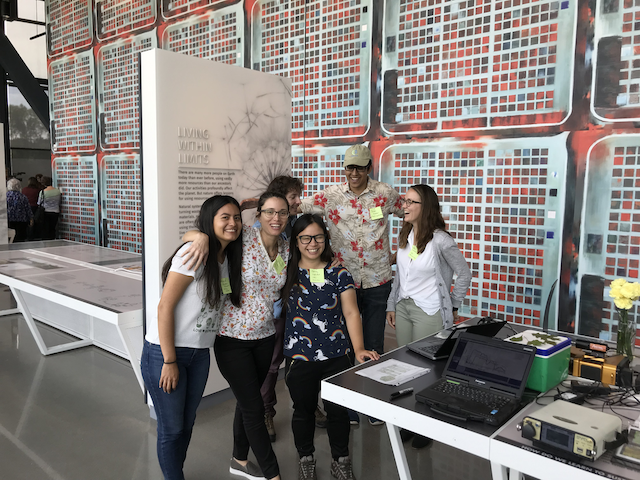
NSF Research Coordination Network on Biodiversity Across Scales
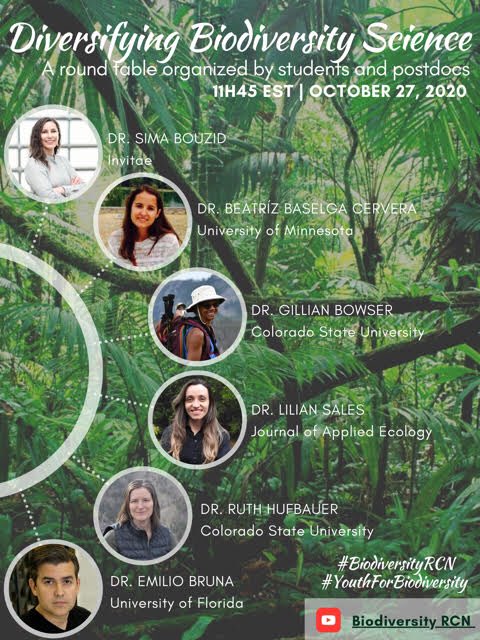
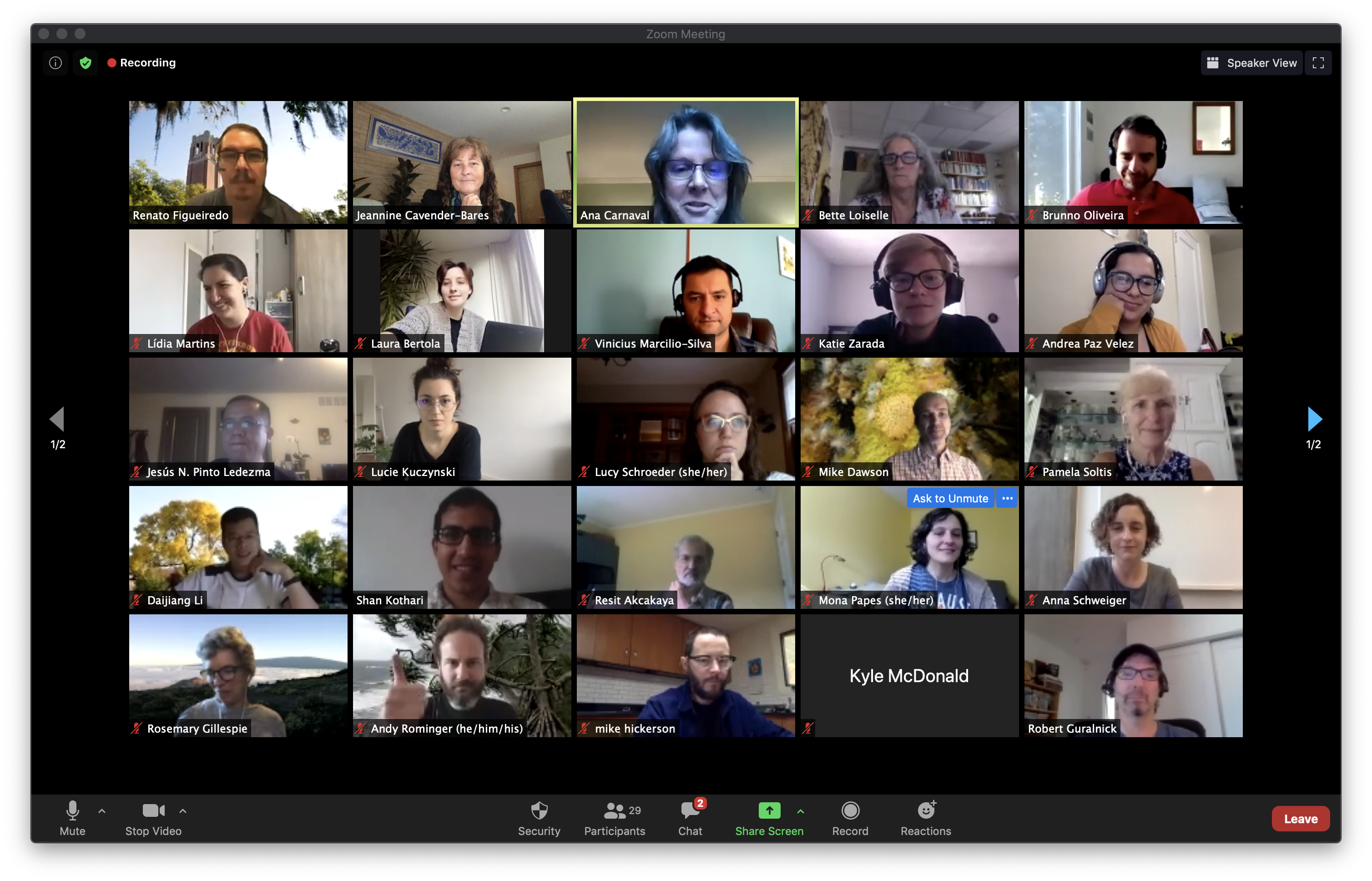
Intergovernmental Science-Policy Platform on Biodiversity and Ecosystem Services (IPBES) - Americas Assessment
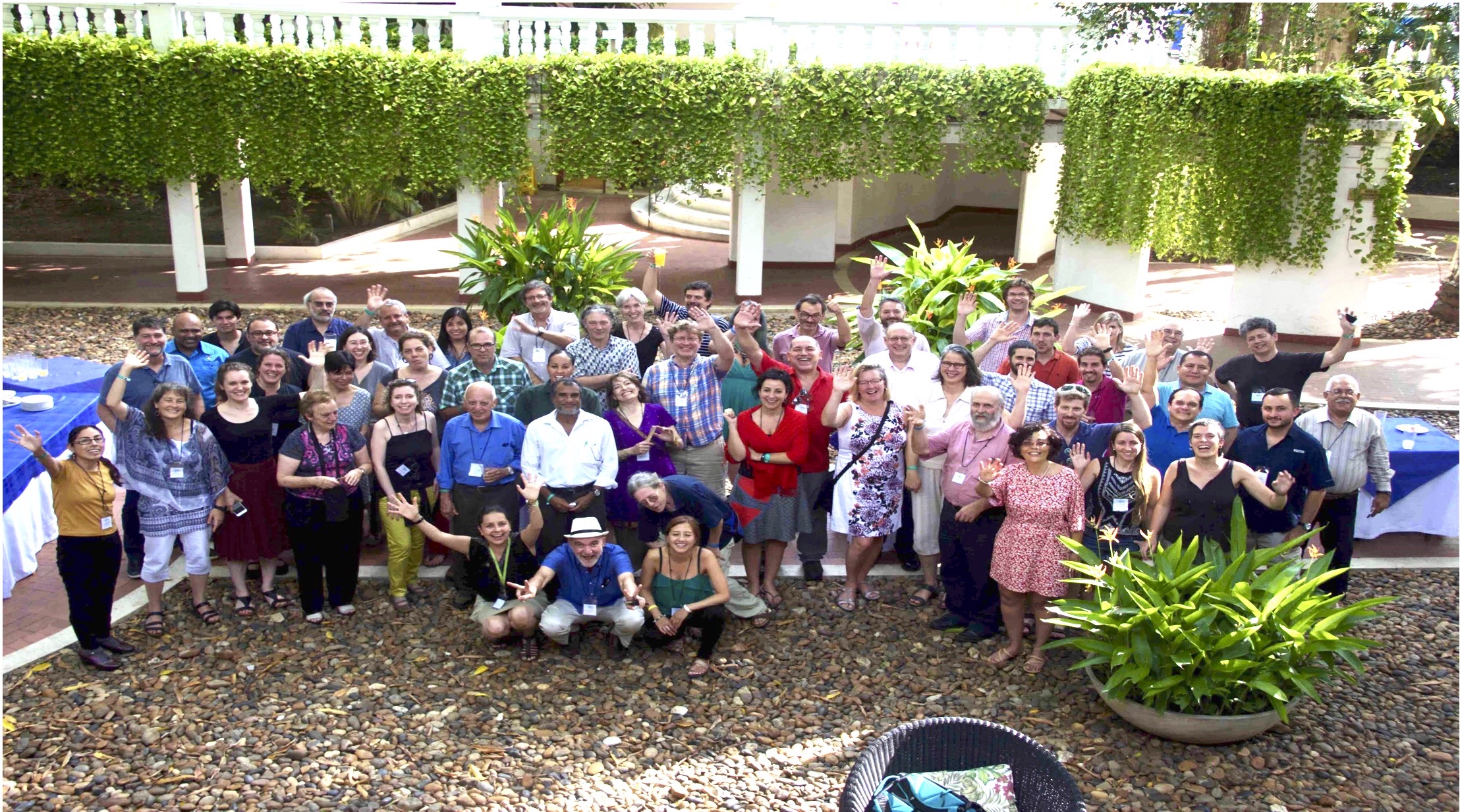
More than 100 experts from over 20 countries. Improved by more than 6,000 comments from external reviews. Approved by the U.N. in Medellin, Colombia March 22, 2018!
Americas is rich in biodiversity and receives many contributions from that richness. Americas has 40% of the world’s natural capacity to support human quality of life, and only 13% of the global human population. Those resources contribute in essential ways to food, water, and energy security, plus our health, and in many non-material ways like providing clear air and clean water. Economic value from nature is estimated more than $24.3 trillion per year, equivalent to the region’s gross domestic product. The majority of countries in the Americas are using nature more intensively than the global average and exceeding nature’s ability to renew itself. The 13 per cent of the global population in the Americas produces 22.8 per cent of the global ecological footprint.
The Bad News: Across the Americas 65 per cent of nature’s contributions to people are declining, with 21 per cent declining strongly. Increasing wealth is increasing consumption and increasing pressure on nature in many ways. Main drivers of impacts on nature in the past have been land transformation, pollution and over-harvesting. Climate change is emerging as a dominant driver and is the fastest increasing pressure. There has been more than a 30% reduction in diversity of nature at local scales since European settlement. With ‘business as usual’ this will reach 40% by 2050.
The Good News: Terrestrial and marine protected areas are increasing in most countries and more key biodiversity areas are being protected, however sustainable management outside these areas remains essential. Restoring degraded habitats is having positive effects at local scales, improving the ability of such areas to support both nature and people. Mainstreaming biodiversity in sectoral management and economic policies is a priority, but is progressing slowly in all subregions. Important lessons can be taken from how indigenous peoples and local communities have managed their lands sustainably for centuries.
Popular Science
Listen to these oak nerds tell the origin story of the American oaks and why they are such a cool lineage to study!
In Defense of Plants podcast on the oak origin sotry and what it means for conservation
Market Science
K-12 Outreach
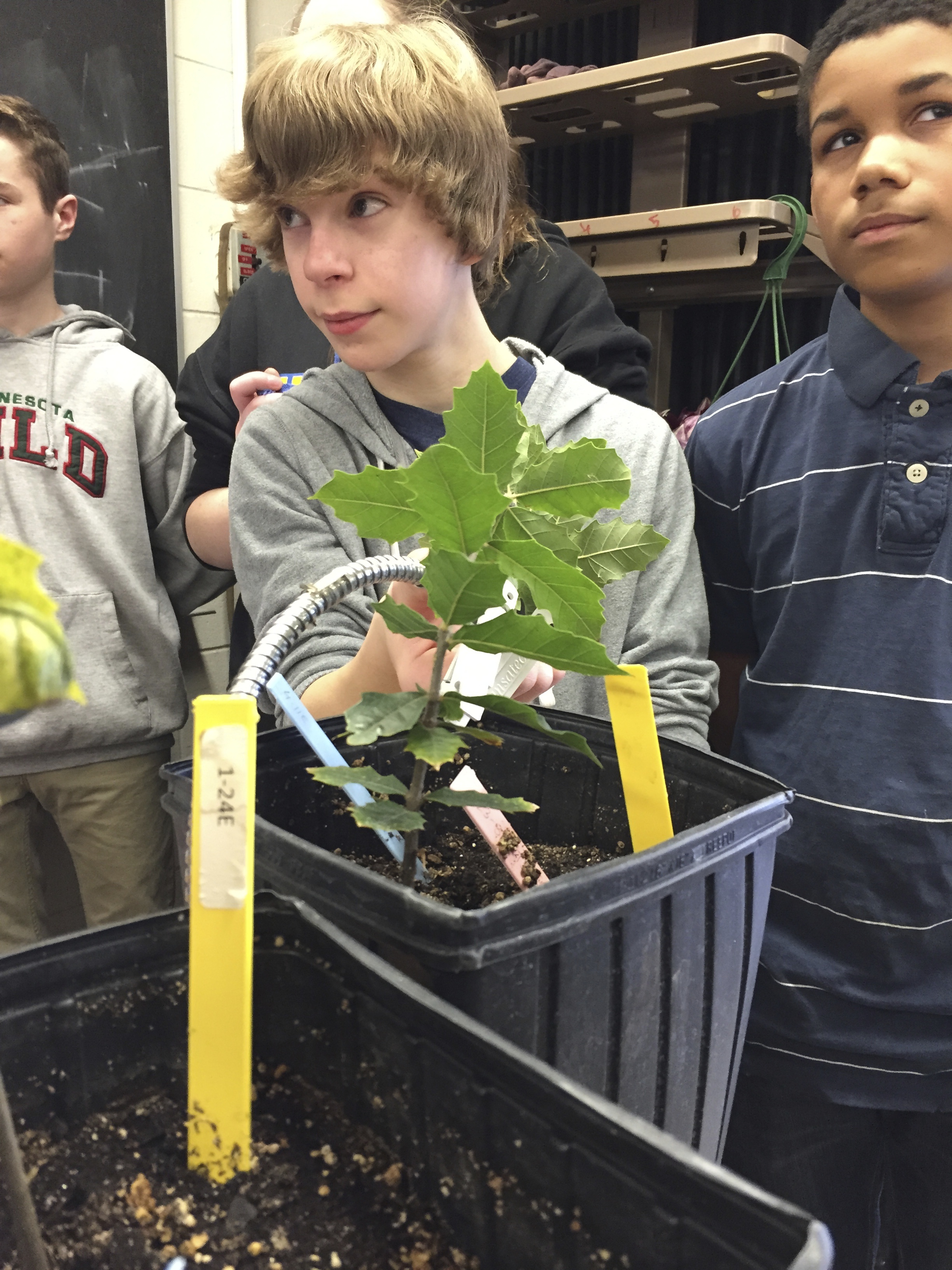

Oaks of the Americas Conservation Network
In collaboration with colleagues at the Morton Arboretum and across Mexico, including at UNAM in Morelia, we have helped to launch a new professional network of botanists and conservationists from across North and Central America. Oaks of the Americas Conservation Network (OACN) is a consortium of experts from universities, botanical gardens, arboreta, industry, conservation NGOs, and government agencies dedicated to protecting threatened oak species from extinction. OACN was conceived at the International Workshop on Oak Conservation (March 2016), where 50 experts from seven countries convened at the Escuela Nacional de Estudios Superiores at UNAM in Morelia, Mexico.
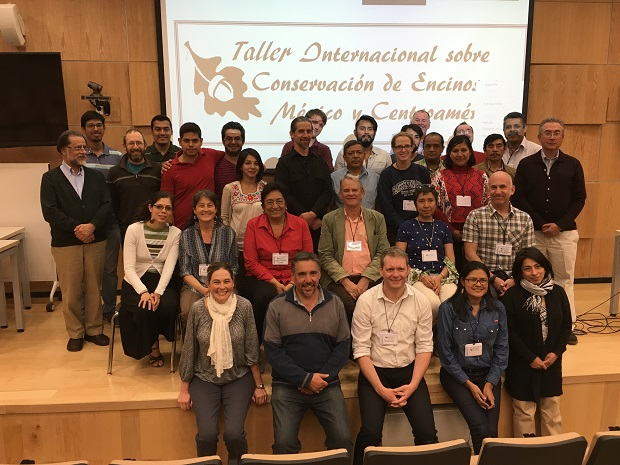
Training students in Central America and Mexico
Honduras:
"Aprender haciendo": Our team has engaged over 200 Latin American students at the panamerican University of Zamorano in Honduras through the “Learning by Doing” program and the NSF funded LOARD (Live Oak Adaptation to Drought) project. Through this program, our team has given multiple hands-on lectures (in Spanish) to undergraduates at the University of Zamorano about climate change impacts on plants and the biosphere, the methods involved in the scientific project they are participating in, and an in-depth tour of the physiological equipment we use.
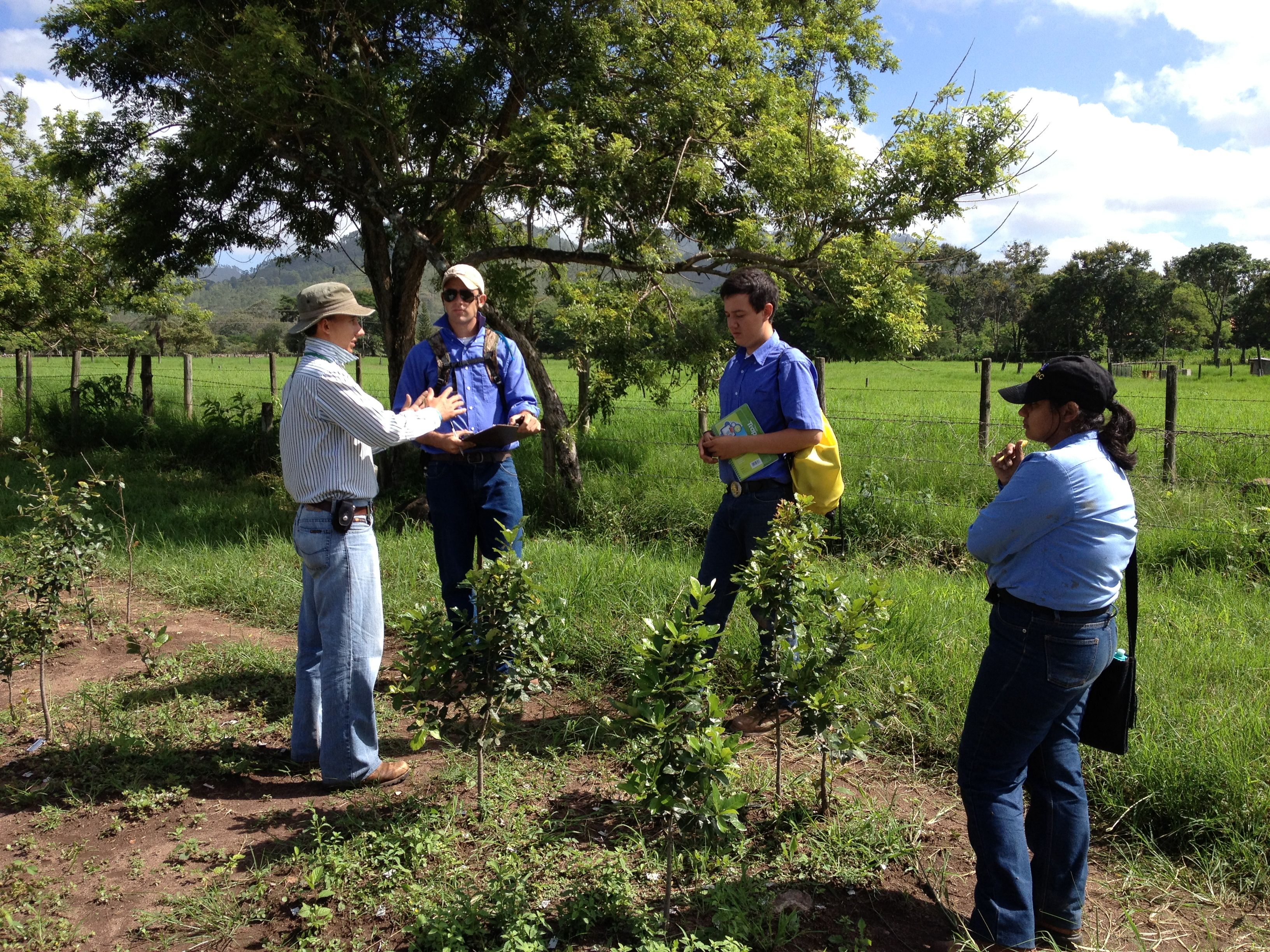
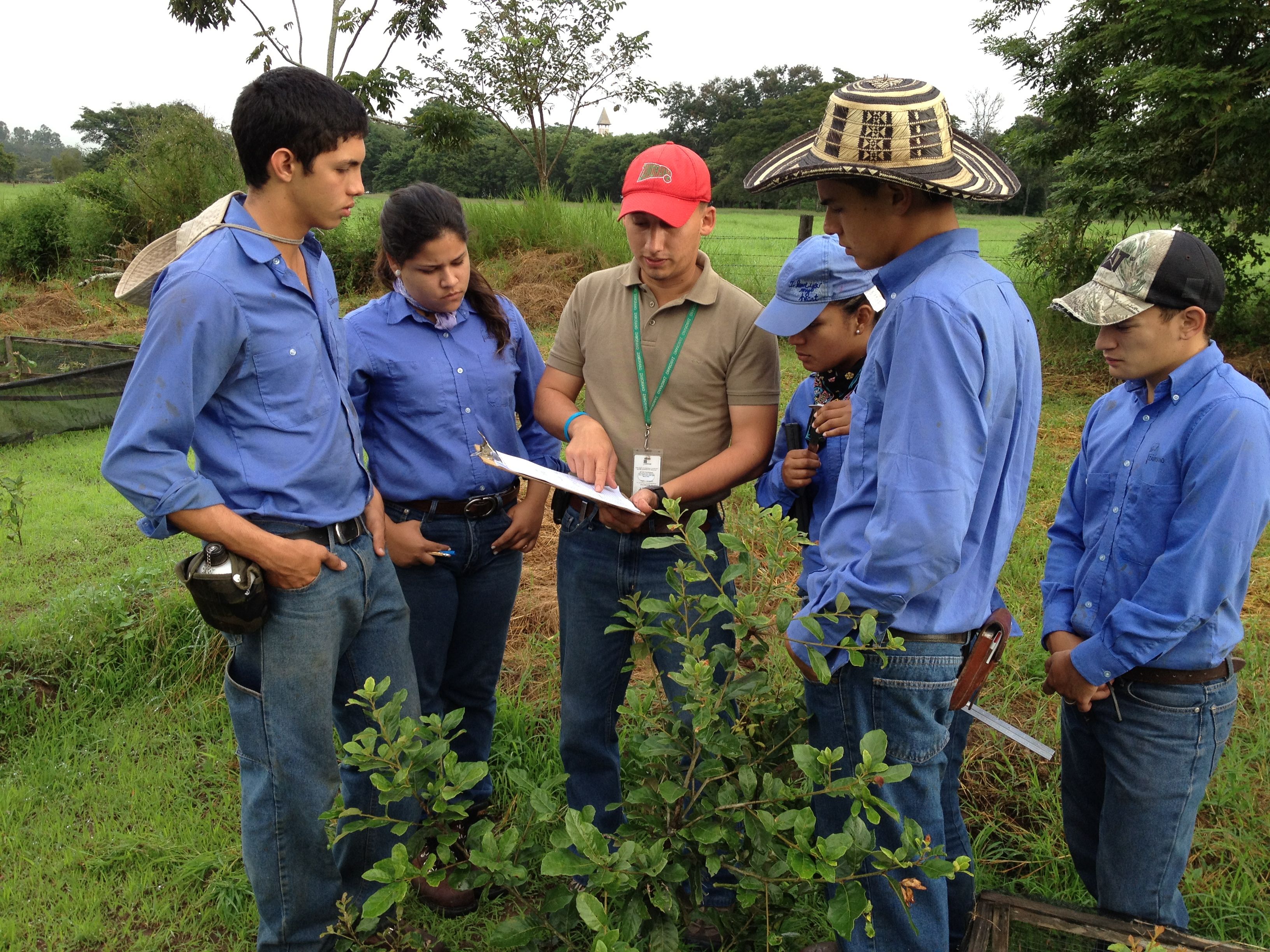
Costa Rica:
Through NSF LOARD, our research team is engaging undergraduates from UNED (Universidad Estatal a Distancia) in Liberia Costa Rica in scientific education and direct participation in our common garden experiments in Guanacaste.
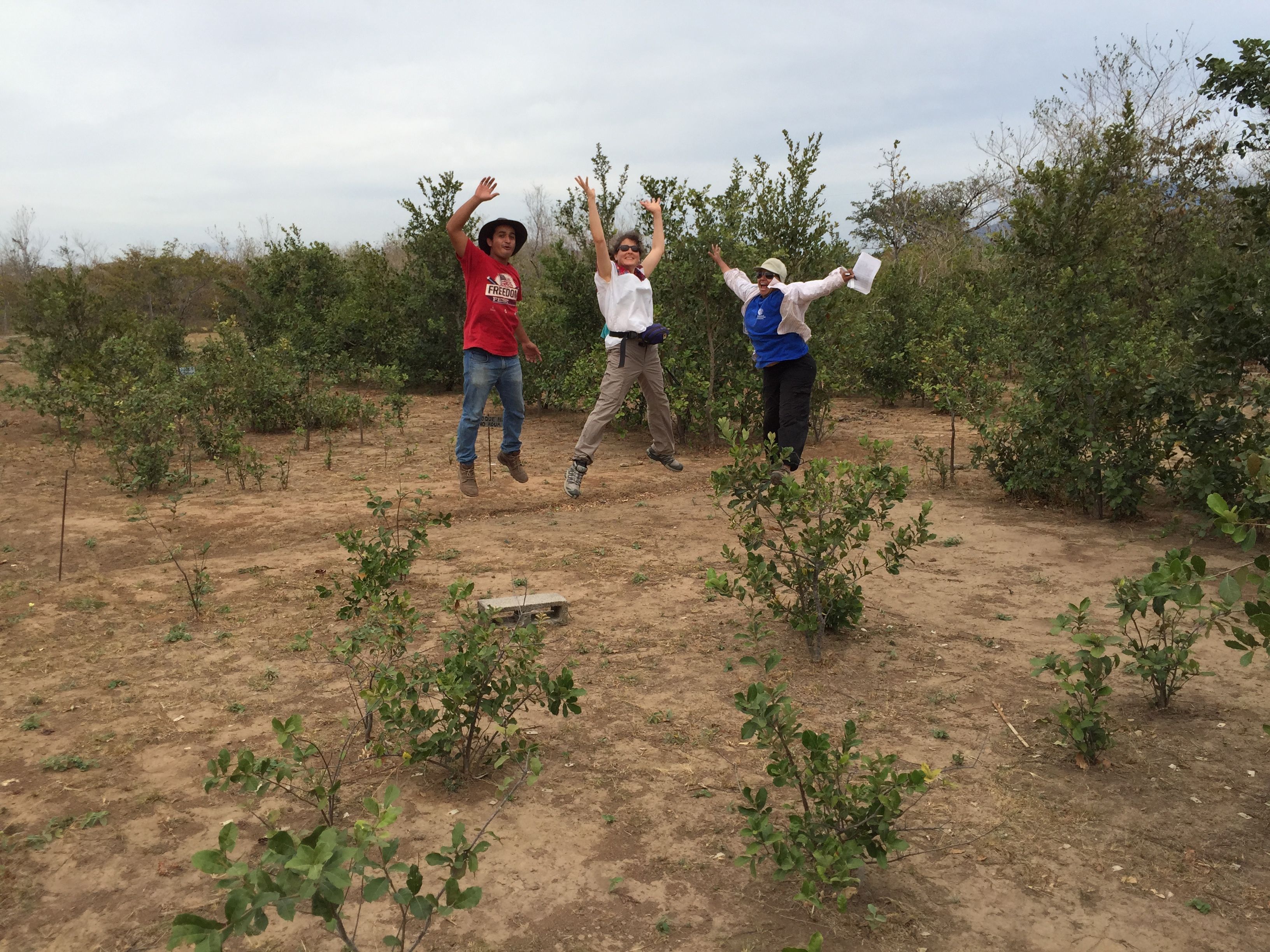
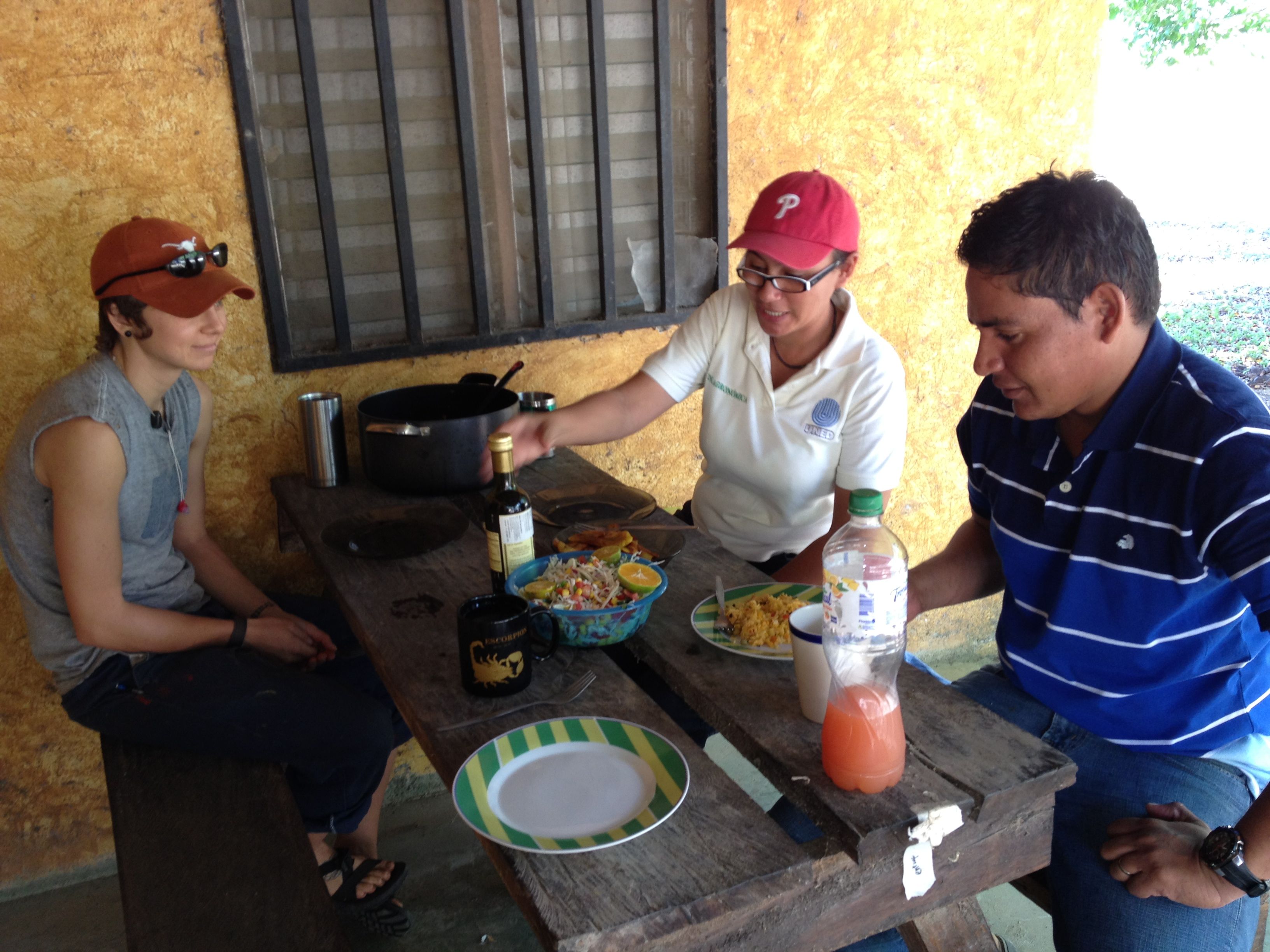
Mexico:
Proyecto Encinos: With collaborator Antonio Gonzalez-Rodriguez, we have been conducting a student exchange between the University of Minnesota and the INSTITUTO DE INVESTIGACIONES EN ECOSISTEMAS Y SUSTENTABILIDAD at UNAM in Morelia over the past seven years. The program has received institutional funding from both universities and through the NSF New World Oak project. Together with Patricia Balvanera at IIES-UNAM and several other institutions, we co-teach a graduate level, cross-cultural sustainability science seminar.
